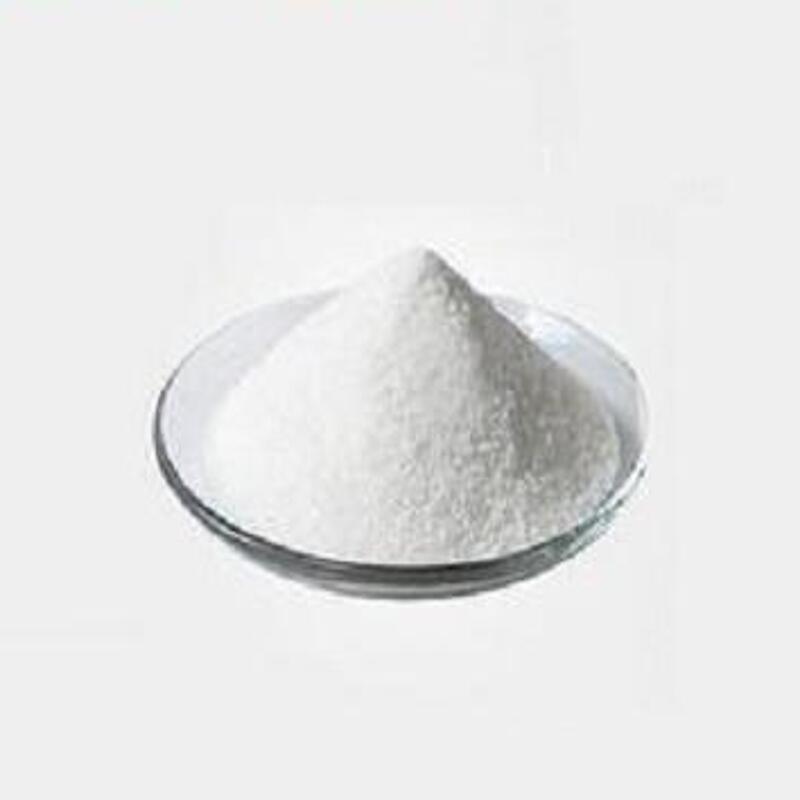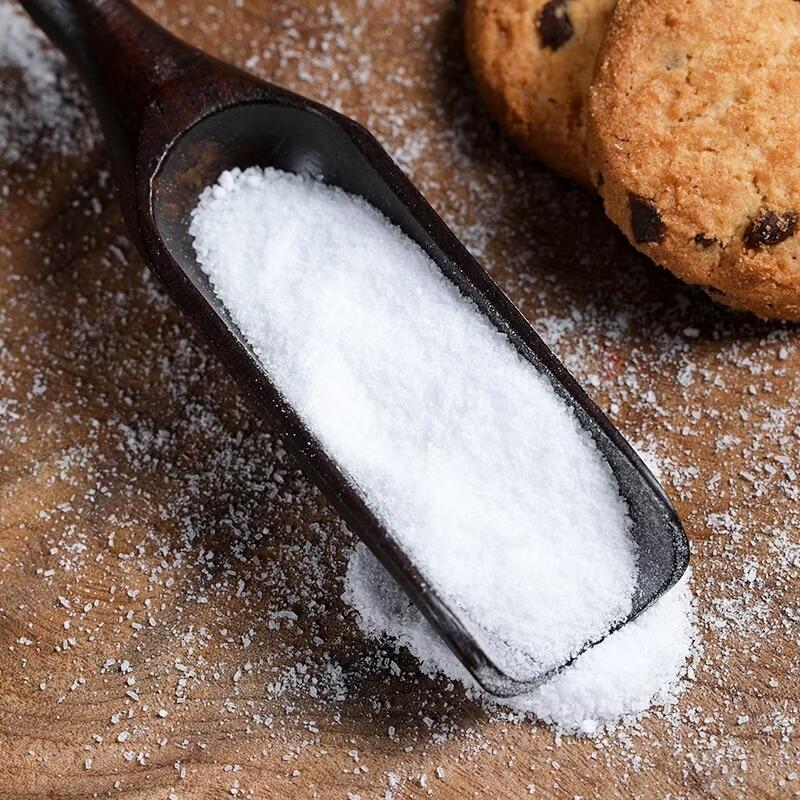-
Categories
-
Pharmaceutical Intermediates
-
Active Pharmaceutical Ingredients
-
Food Additives
- Industrial Coatings
- Agrochemicals
- Dyes and Pigments
- Surfactant
- Flavors and Fragrances
- Chemical Reagents
- Catalyst and Auxiliary
- Natural Products
- Inorganic Chemistry
-
Organic Chemistry
-
Biochemical Engineering
- Analytical Chemistry
-
Cosmetic Ingredient
- Water Treatment Chemical
-
Pharmaceutical Intermediates
Promotion
ECHEMI Mall
Wholesale
Weekly Price
Exhibition
News
-
Trade Service
After winter, many people like to drink alcohol to drive away cold, relieve muscles and revitalize the blood
.
Drinking, some people are used to drinking a few glasses and getting slightly drunk; Some people seek to be hearty and have a good drink; There are also people who are greedy and afraid of getting drunk, so they take a few "hangover pills"
before drinking.
Drinking, what kind of "opening method" is the safest and healthiest? Can the so-called hangover "artifact" really make people "not drunk in a thousand cups"? The liquor consumption tips jointly created by the Sichuan Provincial Market Supervision Bureau and the Sichuan Food Inspection and Research Institute give you the most simple and clear answer
.
How to buy liquor
To purchase prepackaged liquor, you should choose formal places
such as supermarkets or tobacco and alcohol specialty stores.
Wang Qiao, senior engineer of Sichuan Food Inspection and Research Institute, reminded consumers to pay attention to the following points when purchasing:
Look at the label
.
From the label, you can intuitively understand the product name, aroma, alcohol content, ingredient list and other information
.
According to the new standards for the liquor series implemented on June 1 this year, if there are non-grain raw materials and/or food additives in the label ingredient list, it means that it is not a real liquor, but a formulated wine
.
Experienced buyers can also pay attention to the explicit implementation standards
of the product.
For example, if the implementation standard of product label identification is GB/T10781.
1-2021, or the marking implementation of GB/T10781.
1 and produced after April 1, 2022 (inclusive), the label should also identify the product type as "solid method liquor", if there is no identification or incorrect identification, it is recommended to choose
carefully.
Look at the packaging
.
Pay attention to check whether the bottle seal is tightly packaged, and whether the bottle body has cracks and trachoma
.
If there are the above problems, the product is easy to run "degree" and loss, should be purchased with caution
.
Look at the liquor
.
If the product is packaged in colorless or light-colored transparent glass bottles, the bottle can be slowly inverted and observed
against sunlight or light.
The liquor should be free of suspended matter, clear and transparent, and some sauce-flavored liquor may be slightly yellow, which is normal
.
Compared with pre-packaged liquor, bulk liquor is relatively cheap, and consumers can flexibly control the amount of each purchase, so they have a larger consumer group
.
However, compared with pre-packaged liquor, the problems of over-range sweetener and plasticizer pollution in bulk liquor are more concentrated
.
Therefore, consumers are reminded not to buy "unidentified" bulk liquor
.
Specifically, the following three points should be noted:
First of all, you should go to a small liquor production workshop with legal qualifications, complete licenses, fixed places, and a good reputation to buy from bulk liquor sales points, carefully check whether the label content is complete, and ask for bills
.
When consuming bulk liquor in food service establishments, it is necessary to check whether there are any documents of conformity, and avoid buying or drinking bulk liquor
from unknown sources and significantly below the market price.
Secondly, try to avoid buying liquor containing plastic products, liquor is usually higher in alcohol, good alcohol solubility, and it is easier to precipitate plasticizers when the wine body is in contact with plastic products containing plasticizers
.
Plasticizers are not easy to excrete after entering the human body, and long-term drinking of a large amount of such liquor may affect endocrine and bring serious health risks
.
Thirdly, the bulk liquor can be introduced into a transparent bottle, and the properties and color
of the liquor can be observed according to the pre-packaged liquor.
How to drink alcohol correctly
The "Dietary Guidelines for Chinese Residents (2022)" points out that to "control sugar and limit alcohol", adult men should drink no more than 25 grams of alcohol a day, and adult women should not exceed 15 grams
.
Taking liquor with an alcohol content of 38% as an example, adult men should not drink more than 75 ml a day, and women should not drink more than 50 ml
.
Do not drink alcohol on an empty stomach or drink rushed alcohol
.
Alcohol absorption is faster on an empty stomach, and it is easy to get drunk; Do not drink rushed alcohol, and eat more during drinking to slow down alcohol absorption
.
Some milk thistle products on the Internet, although they claim to make people "not drunk in a thousand cups", are mostly gimmicks
.
Wang Qiao explained that the ingredients of milk thistle products are mainly milk thistle extract or milk thistle extract combined with other raw materials, which does not immediately cure alcohol or increase the amount of alcohol
.
In fact, no food can make alcohol harmless, and the best way to reduce the risk of alcoholic liver disease is not to drink alcohol
.
Avoid mixed drinks
.
The composition of various liquors is different, and mixed drinking is easy to get on the head and get drunk, resulting in physical discomfort and slower
recovery.
Minors, pregnant women, nursing mothers and other special groups should not drink alcohol; People who "blush when drinking" should also not drink alcohol, such people may cause alcoholic liver disease and even liver cancer
due to insufficient acetaldehyde dehydrogenase in the body.
Alcohol
consumption is prohibited during special periods such as driving vehicles, working at heights, and taking cephalosporin antibiotics.
How to store liquor
As the saying goes, "wine is the fragrance of aging", but not all liquor is suitable for long-term storage
.
First of all, the esters in the wine body will be hydrolyzed with the storage time, especially low-alcohol liquor (less than 40% alcohol), and may also appear "watery taste" and quality due to the decrease in alcohol content caused by ethanol volatilization
.
For long-term storage, it is recommended to choose liquor
with an alcohol content of more than 50%.
Secondly, the opened bottle of liquor should not be left for
a long time.
Due to the insufficient sealing degree after opening the bottle, it is easy to cause ethanol and aroma components to volatilize, resulting in insufficient aroma and quality degradation of the wine, and the liquor after opening the bottle should be drunk
as soon as possible.
In addition, when storing, try to choose a cool, dry area with a small amount of air movement
.
Related links
Some liquor can no longer be called baijiu
Baijiu is China's national liquor, with a production history of more than 2,000 years, and whiskey, brandy, vodka, rum and gin (gin) are called the world's six major distilled liquors
.
There are various types of liquor, which can be divided into three types: solid method, solid-liquid method and liquid method according to the fermentation process; According to the fragrance type, it can be divided into 12 fragrance types: strong fragrance type, clear fragrance type, sauce fragrance type, rice fragrance type, phoenix fragrance type, soy fragrance type, sesame fragrance type, special fragrance type, combined fragrance type, old white dry fragrance type, dong fragrance type, and fu tulip type
.
On June 1, 2022, GB/T17204-2021 "Beverage Wine Terms and Classification" and GB/T15109-2021 "Liquor Industry Terminology" two new standards for the liquor industry were implemented, and the definition of liquor was more stringent, clear and detailed
.
That is to say, as long as the label is marked as liquor, it must be a distilled liquor
made by steaming, saccharification, fermentation, distillation, aging, and blending with grain as the main raw material, with large koji, small koji, bran koji, enzyme preparations and yeast as saccharified starter cultures.
The following three products can no longer be called liquor: first, non-grain brewed wine; the second is wine with added spices; The third is wine
with non-grain edible alcohol.
These products have another name - flavored liquor, which belongs to the formulated liquor
in the food classification.
Of course, there is no distinction between high and low liquor and flavored liquor itself, and the difference in name is only convenient to clarify product characteristics so that consumers can understand consumption
.
In addition, gold leaf substances are not food additives and cannot be used in food production and operation, if consumers find that there is "gold leaf into wine", please call 12315 in time to complain and report
.
At the same time, some liquor has the phenomenon of "pricing by packaging", and all provisions of GB23350-2021 "Limiting Excessive Packaging Requirements for Food and Cosmetics" will be officially implemented from September 1, 2023 (inclusive), and consumers are advised not to buy over-packaged liquor, and practice the concept
of green and low-carbon consumption with their own actions.







